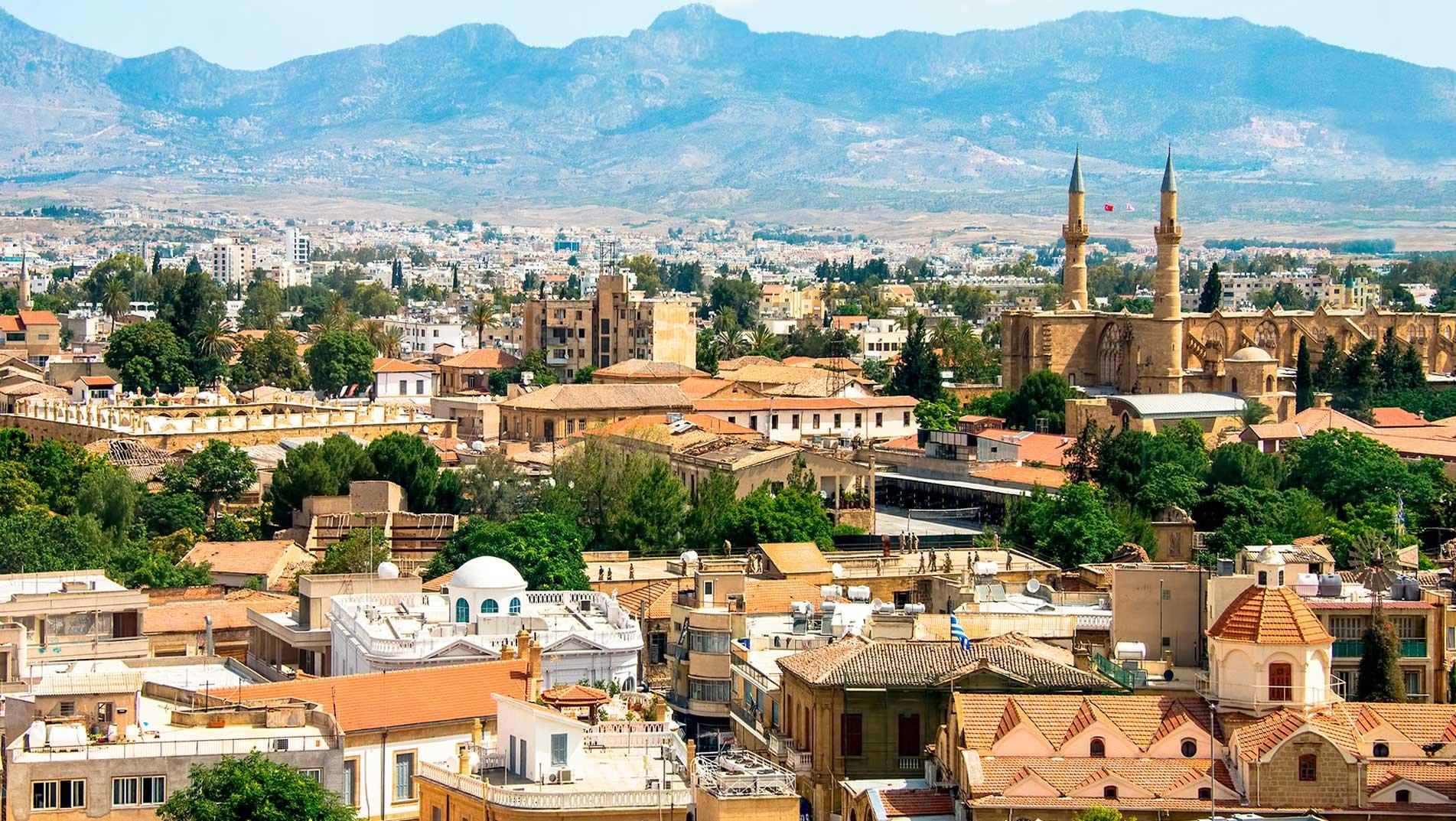The Parliamentary Committee on Internal Affairs of Cyprus has discussed an initiative to stimulate the revitalization of Nicosia’s border districts. According to the committee’s chairman, AKEL MP Aris Damianou, there are currently more than 1,200 vacant housing units within the city’s border zone. Following the recent administrative reform, the municipality of Nicosia now covers an extensive area of over 30 km, including Aglantzia, Kaimakli, Omorfita, the Old Town, and Agios Dometios.
According to the MP, these districts face serious socio-economic difficulties, which have become even more pronounced amid rising prices and economic instability. The committee intends to propose measures to revitalize these neighborhoods and create better living conditions, particularly for young families struggling to afford housing.
Housing issues and proposed solutions
Damianou emphasized that the issue of developing border districts has been discussed for years, but today it is especially pressing. With inflation and the cost of living on the rise, effective and immediate solutions are needed to help residents access affordable housing and to support sustainable local economic growth.
Among the proposed measures are the acceleration of renovation procedures for Nicosia’s historic center and the reuse of existing housing stock. According to parliamentary data, most of the vacant properties are located in border neighborhoods that require major renovation and financial support for property owners.
Authorities are considering the introduction of tax incentives and subsidies for those willing to invest in restoring homes in these areas. The main focus is on preserving architectural heritage and promoting environmentally sustainable development.

Political will and government involvement
Damianou noted that the successful implementation of this initiative requires political will from the government of President Nikos Christodoulides. He expressed hope that in the coming months, officials will present specific actions to accelerate these efforts.
The MP also pointed out that similar problems exist in other regions, such as the free areas of Famagusta, which suffer from infrastructure decline. The Parliamentary Committee will continue discussing these issues in order to develop a unified approach for revitalizing border territories across the island.
Support and development through updated local plans
DISY MP Nikos Sykas emphasized the need for specialized programs aimed at improving housing affordability and reducing property costs. He stressed that each municipality requires tailored support measures based on local needs.
DIPA MP Marios Masiouttas agreed, noting that Nicosia includes residential districts along the 30-kilometer “Green Line”, where it is particularly important to create incentives to prevent depopulation and the transformation of these neighborhoods into deprived zones or ghettos.
According to Masiouttas, all these initiatives will be integrated into a new urban development plan, expected to be completed within the next two years. This plan will serve as the foundation for Nicosia’s sustainable suburban development and will help attract private investment for the renovation of housing and infrastructure.
